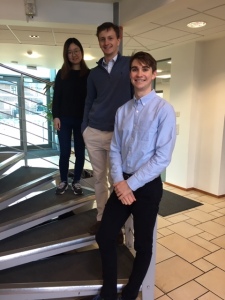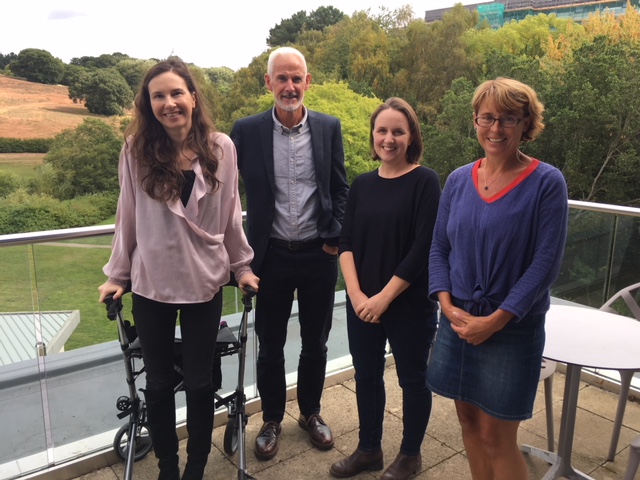I’ve been helping out with FutureLearn’s new MOOC “How to teach online: providing continuity to students” (#FLteachonline) this past week. With over 20,000 learners there’s been a lot of activity and some great discussions. A number of key issues have cropped up repeatedly that I felt would be worth putting into a “top tips” guide for newbies. There’s a rapidly swelling resource base “out there” which can appear quite daunting, so I’ll keep this brief J
Top tips
- Keep it simple. Less is more!
- It’s about a culture change in education, not technology. Don’t rush for the latest shiny tool (sorry, Teams)
- It’s NOT simply putting your lectures online, or setting up a video conference. It’s about re-thinking and re-structuring how and what you teach in the digital environment.
- Make sure that you can offer flexibility of participation to your students. Minimise the time you expect them all to be online at the same time (ideally, never). Allow for the fact they may have poor bandwidth or intermittent connectivity – and a whole host of other pressures and distractions right now.
- Low tech trumps high tech – asynchronous communication via discussion boards and short pre-recorded video/audio are your friends! If you don’t believe me, read this very clear explanation by Daniel Sandford: “Videoconferencing Alternatives: How low bandwidth teaching will save us all” (with helpful 2 x 2 matrix included)
A whole hour of talking at your students = bad
Structured blog-style explanatory guides to “chunks” of short pre-recorded video and tutor-facilitated discussions = good
6. Don’t forget to design for accessibility and be sure to avoid copyright issues when preparing your materials.
- Know your learners! Despite the popularity of the expression, students are NOT “digital natives” (a phrase which should be banned) simply by virtue of being young. There is a whole research literature on the gulf between tech-savvy consumer behaviour (which is common), and the ability to learn effectively online (which is not).
- Make sure that you communicate course information and participation expectations very clearly to your students – and be prepared to repeat yourself many, many times…
- Student engagement may be difficult to achieve online, but it’s not always easy to achieve offline either! Don’t beat yourself up if a bit of trial and error is required, and don’t forget to Keep. It. Simple. J
Useful “Getting Started” Resources:
More information on the usefulness of discussion forums by Hannah Tyreman.
A series of short, clearly written and informative guides to online learning for beginners by Tony Bates.
This excellent post by Laurie Phipps “Being Human in a Time of Crisis” is a timely reminder that effective online teaching and learning requires culture change rather than shiny new tools.



